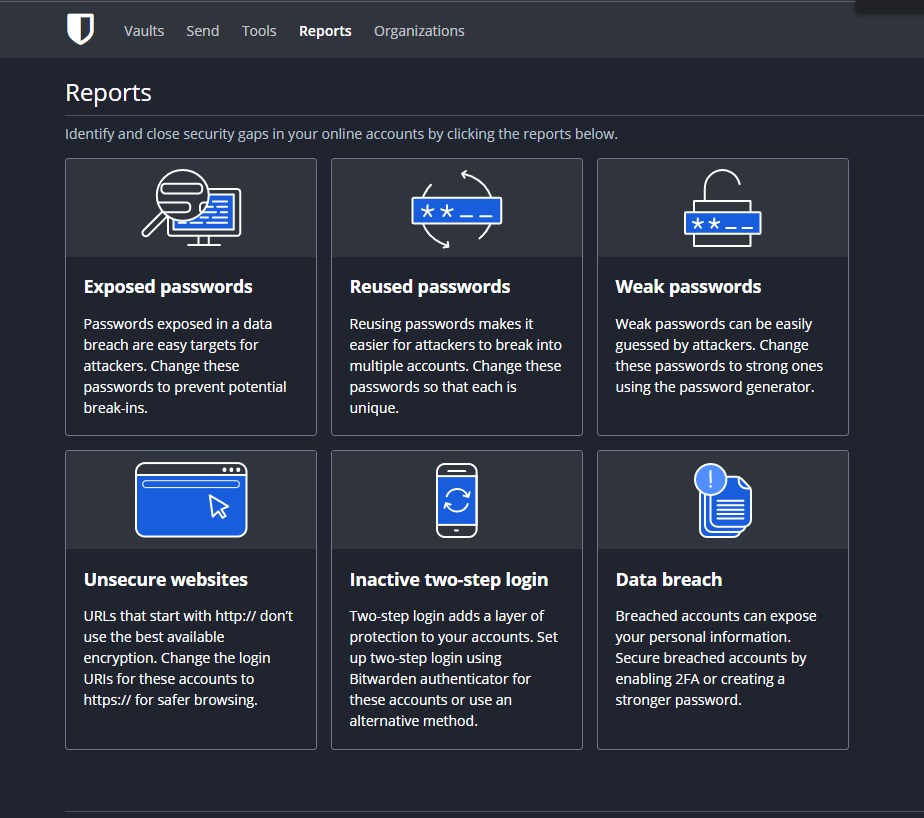As someone who uses the internet daily, you likely have multiple accounts that require passwords. With so many passwords to remember, it’s no surprise that many people turn to password managers to keep their accounts secure.
However, some web browsers come with built-in password managers, which begs the question: which is better, a password manager or a browser password manager?
When it comes to choosing between a password manager and a browser password manager, there are several factors to consider. In this article, we’ll explore the pros and cons of each and help you decide which option is best for you.
Table of Contents
Key Takeaways
- Password managers and browser password managers both have their advantages and disadvantages.
- Password managers generally offer more security features and are more flexible than browser password managers.
- Ultimately, the best option for you depends on your individual needs and preferences.
What are Password Managers?
As an internet user, you probably have several online accounts, each with its unique login credentials. With the number of accounts you have, it can be challenging to remember all your passwords. This is where password managers come in handy.

Password managers are software applications that store and manage your login credentials for various websites, apps, and services. They help you create and manage complex passwords, store them securely, and enter them automatically when you need to log in.
Types of Password Manager
There are two types of password managers: local and cloud-based. A local password manager stores your login credentials on your device, while a cloud-based password manager stores them on the internet.

Local password managers are more secure than cloud-based ones because they keep your login credentials on your device, which means that they are not vulnerable to online attacks. However, they are not as convenient as cloud-based password managers because they do not synchronize your login credentials across different devices.

On the other hand, cloud-based password managers are more convenient than local ones because they synchronize your login credentials across different devices. However, they are less secure than local ones because they store your login credentials on the internet, which means that they are vulnerable to online attacks.
Suggested: Reasons Why Bitwarden is My Go-To Password Manager as a Marketer
Some Popular Password Managers are
- Bitwarden(Cloud & Local)
- 1Password (Cloud)
- Dashlane(Cloud)
- NordPass (Cloud)
- Enpass (Local)
- KeePass (Local)
Do checkout – The Best Password Managers
What are Browser Password Managers
As the name suggests, browser password managers are built-in password management tools that come with web browsers. They are designed to remember and autofill login credentials for websites that require authentication.

Browser password managers are integrated into web browsers, which means that they are readily available for anyone who uses the browser. They are usually enabled by default, and users can turn them off if they choose to.
Browser which have Password Manager
Some web browsers come with built-in password managers which can be used to save and autofill login credentials.

These include:
- Google Chrome
- Mozilla Firefox
- Apple Safari
- Microsoft Edge
While these in-built password managers may seem like a convenient option, they are not as secure as standalone password managers. They are more susceptible to hacking, and your login credentials can be compromised if your browser is hacked. Additionally, they do not offer advanced features such as password sharing, two-factor authentication, and password analysis.
Also Read: Should You Use Multiple Password Managers? Read This First Before Using]
Which One Should You Choose between Password Manager Vs Browser Password Manager?
Both have their advantages and disadvantages, and it’s important to understand the differences between them to make an informed decision.
Pros & Cons of Using Password Managers
Password managers are dedicated applications designed to securely store and manage passwords. They typically offer a range of features, including password generation, password strength analysis, and two-factor authentication.
Password managers are generally considered to be more secure than browser password managers because they use advanced encryption algorithms to protect your passwords.
Pros:
- Strong encryption algorithms
- Additional security features
- Centralized password management
- Cross-platform compatibility
- Easy password sharing with trusted contacts
Cons:
- Requires a separate application
- May have a learning curve for new users
- May come with a subscription fee
Did you know about YubiKeys? Then I would suggest you to check – YubiKey vs Password Managers : Which One to Choose? [Detailed Guide]
Pros & Cons of using Browser Password Managers
Browser password managers are built-in tools that come with most web browsers. They’re designed to simplify the login process by automatically filling in your username and password for you.
While they’re convenient, they’re generally considered to be less secure than dedicated password managers because they’re more vulnerable to phishing attacks and other security threats.
Pros:
- Built-in to your web browser
- Easy to use
- No additional software required
- Usually free
Cons:
- Less secure than dedicated password managers
- Limited features
- Vulnerable to phishing attacks
- Not always cross-platform compatible
Overall, while browser password managers are convenient, they’re not as secure or feature-rich as dedicated password managers.
If you’re serious about protecting your online accounts, I recommend using a dedicated password manager.
I share my Learnings & Case studies via email.
Subscribe to Stay Updated
Frequently Asked Questions
What are the advantages of using a dedicated password manager over a browser’s built-in option?
Using a dedicated password manager offers several advantages over a browser’s built-in option. Firstly, a dedicated password manager provides stronger encryption for your passwords. This means that your passwords are better protected from hackers and other malicious actors. Secondly, a password manager allows you to generate strong, unique passwords for each of your accounts. This reduces the risk of a single password being compromised and used to gain access to multiple accounts. Finally, a dedicated password manager can help you keep track of all your passwords in one place, making it easier to manage and update them as needed.
How do dedicated password managers enhance security compared to browser password managers?
Dedicated password managers enhance security by providing stronger encryption for your passwords. They also offer additional security features such as two-factor authentication, which can further protect your accounts from unauthorized access. In contrast, browser password managers are often less secure because they store your passwords in plain text, making them vulnerable to hacking and other attacks.
Can you trust browser-based password managers with your sensitive information?
While browser-based password managers can be convenient, they are generally less secure than dedicated password managers. This is because they store your passwords in plain text, making them more vulnerable to hacking and other attacks. Additionally, browser-based password managers are often less reliable than dedicated password managers, and may not work properly with all websites and applications.
What features should you look for in the best password manager for personal use?
When choosing a password manager for personal use, it is important to look for one that offers strong encryption, two-factor authentication, and the ability to generate strong, unique passwords. You should also look for a password manager that is easy to use and offers a user-friendly interface. Finally, it is important to choose a password manager that is compatible with all your devices, so that you can access your passwords from anywhere.
Why might some users avoid saving passwords in their browser?
Some users may avoid saving passwords in their browser because of security concerns. Browser-based password managers are often less secure than dedicated password managers, and may store your passwords in plain text, making them vulnerable to hacking and other attacks. Additionally, browser-based password managers may not work properly with all websites and applications, which can be frustrating for users.
Are there any free password managers that offer robust security features?
Yes, there are several free password managers that offer robust security features. Some popular options include LastPass, KeePass, and Dashlane. These password managers offer strong encryption, two-factor authentication, and the ability to generate strong, unique passwords. However, it is important to note that some free password managers may have limitations on the number of passwords you can store or the devices you can use them on.
